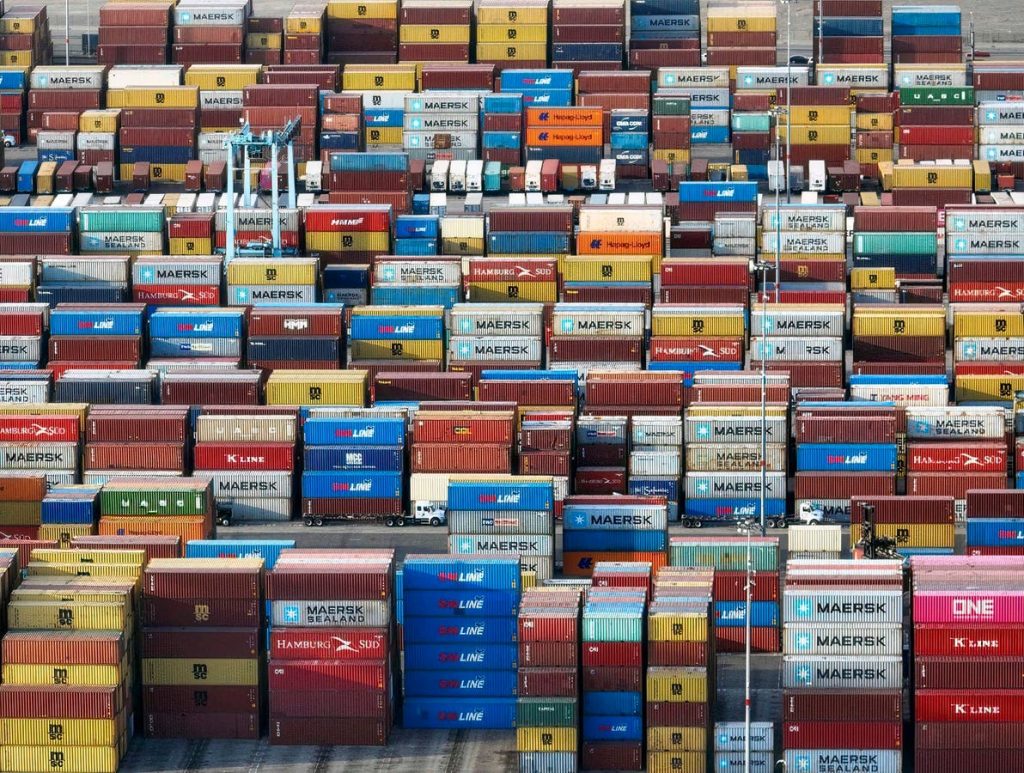The debate over the fate of globalization is ongoing, with some declaring its end while others argue it is still accelerating. Many focus on trade numbers as an indicator, but globalization extends beyond trade to include the flow of goods, capital, services, energy, data, people, culture, and ideas across international borders. The World Trade Organization predicts an increase in merchandise trade in the coming years, despite the ongoing discussion about globalization. However, everyday globalization is often overlooked, as our lives are surrounded by products and services from all over the world.
The widespread use of smartphones, such as iPhones, highlights the global supply chains involved in manufacturing these devices. The components of an iPhone come from various countries, showcasing how interconnected the global economy is. Additionally, the mining of elements for electronic devices requires global shipping, insurance, energy, and banking industries. Similarly, the coffee industry involves a vast network of suppliers, traders, shippers, and financiers to bring coffee beans from producers to consumers worldwide. Globalization is evident in many aspects of our daily lives, from smartphones to coffee consumption.
Passenger traffic in airports and the global fertilizer industry further demonstrate the impact of globalization on our lives. Fertilizers play a vital role in food security, and the world’s major producers are significant exporters. Various industries, including construction, banking, energy, and insurance, contribute to the built environment and are part of the global economy. As industries become increasingly globalized, the impact on everyday life becomes more visible, from the cars we drive to the clothes we wear.
The recent COVID-19 pandemic highlighted the importance of global supply chains, with the development and distribution of vaccines demonstrating the power of globalization. The transition to electric vehicles will require vast supplies of minerals such as copper, lithium, and cobalt, highlighting the necessity of global supply chains for sustainable energy solutions. Foreign Affairs published articles discussing the evolution of globalization, with some arguing that the world economy continues to become more globalized, particularly with increased reliance on Chinese supply chains.
In emerging markets, globalization is seen through initiatives like the African Continental Free Trade Area agreement and bilateral free trade deals signed by countries like the United Arab Emirates. Entertainment industries in countries like South Korea, Turkey, and Saudi Arabia have also contributed to the global spread of culture and investment. Reports such as the DHL Global Connectedness Report 2024 reject the idea of de-globalization, emphasizing that international flows of trade, capital, information, and people remain strong. Ultimately, globalization is evident in various aspects of modern life, shaping our daily experiences and interactions on a global scale.












